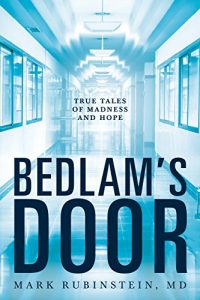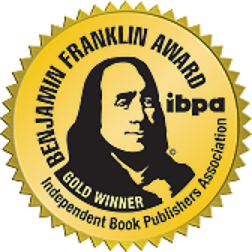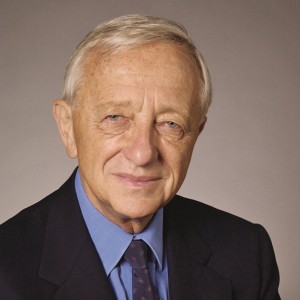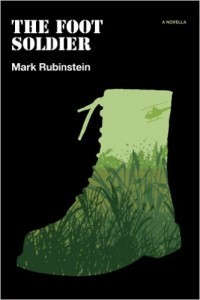When Timothy Campbell did his superb voice narration of the stories in “Bedlam’s Door,” I was astonished at his versatilit y in performing the voices of the characters. I was even more amazed in listening to the stories. It was a different experience from having read these true tales (which sometimes sounded like fiction). The characters truly came alive as they talked. It reminded me of being a kid listening to the radio and being sucked in by the drama conveyed by the voices.
y in performing the voices of the characters. I was even more amazed in listening to the stories. It was a different experience from having read these true tales (which sometimes sounded like fiction). The characters truly came alive as they talked. It reminded me of being a kid listening to the radio and being sucked in by the drama conveyed by the voices.
Hearing the stories acted out took them to another dimension, one I could not have foreseen when I wrote them. It seemed I could appreciate the stories from another perspective.
Yes, when a skilled narrator reads a story, the human voice can convey thoughts, feelings, nuances, intonations, and subtleties that enhance a story. It’s a power that has mesmerized people for thousands of years.
Even when human beings lived in caves they wanted to be told stories.







 The Foot Soldier has been named as a finalist in the 2014 Benjamin Franklin Awards competition, in the Popular Fiction category.
The Foot Soldier has been named as a finalist in the 2014 Benjamin Franklin Awards competition, in the Popular Fiction category.